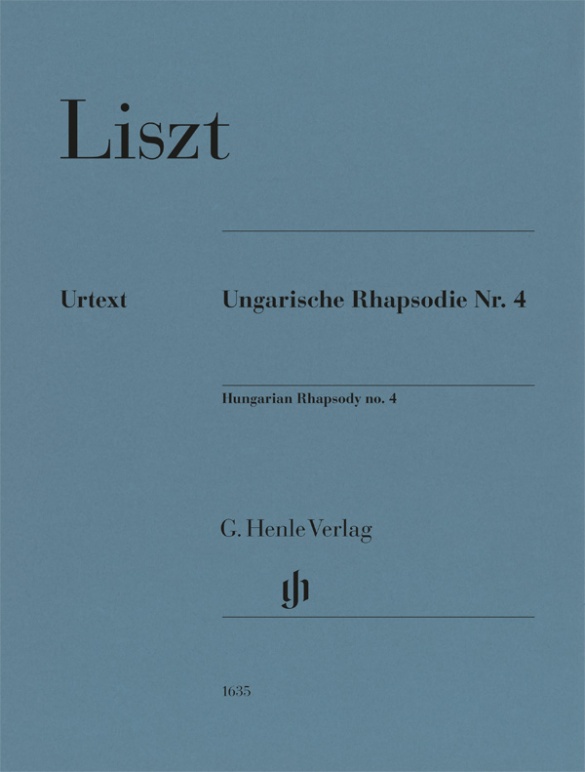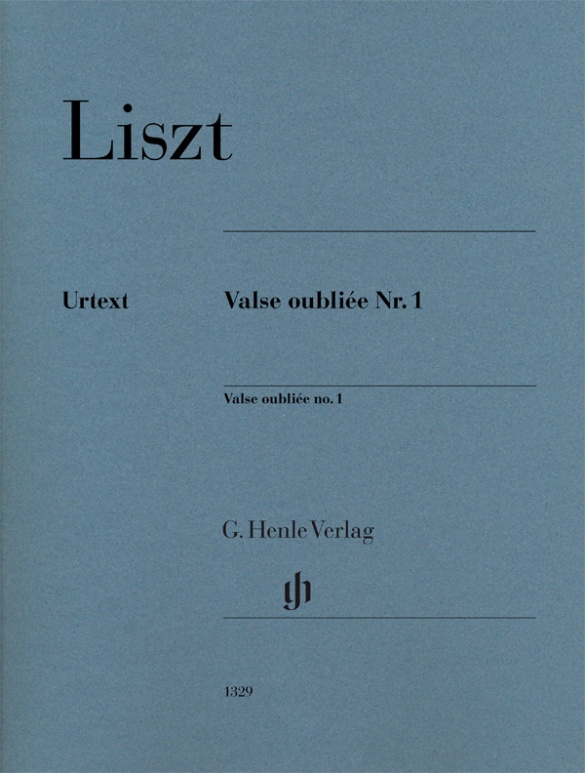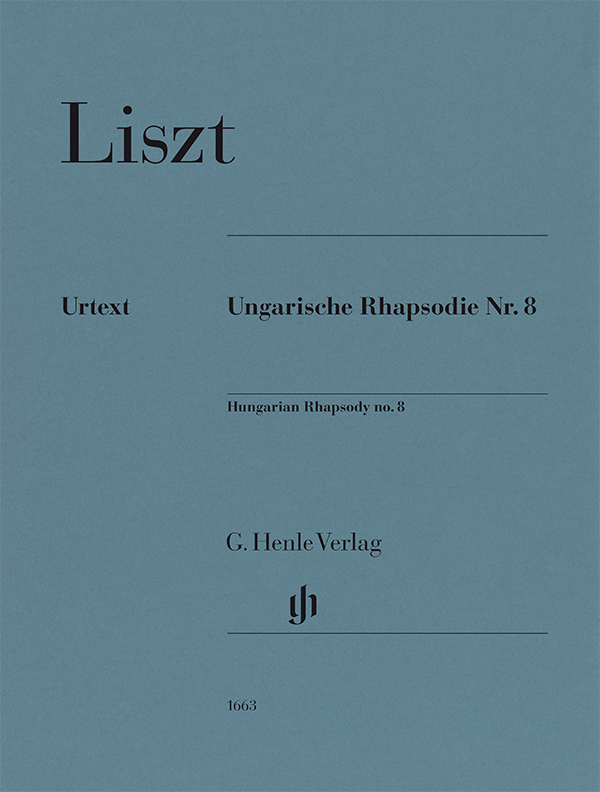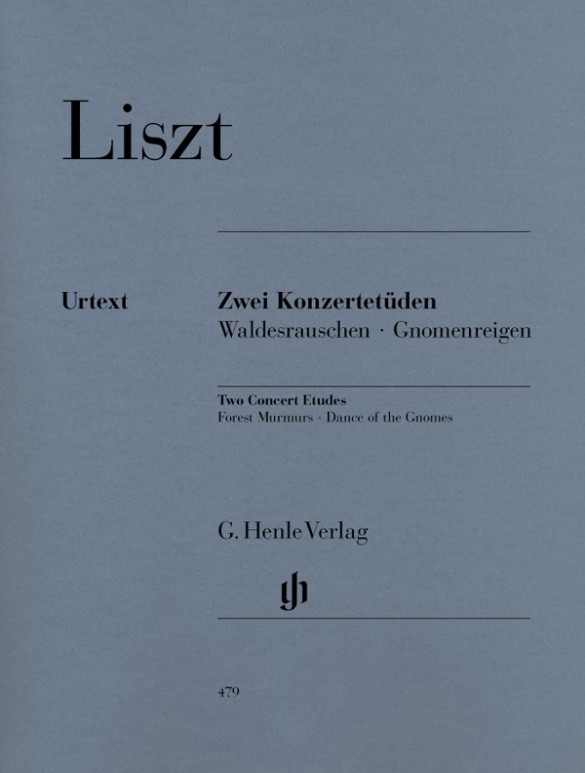

Franz Liszt
Two Concert Etudes
The pianistically demanding studies “Waldesrauschen” and “Gnomenreigen” were written during the composer’s mature late phase, in which one does not necessarily expect such virtuosic pieces. Liszt composed them in 1862 in Rome for the Große theoretisch-praktische Klavierschule by Siegmund Lebert and Ludwig Stark. In so doing he honoured a pledge he had made some time before. Liszt was now teaching a large group of students. The two studies, published in 1863 and independent of the Klavierschule, were dedicated to his extremely gifted pupil Dionys Pruckner. He and other Liszt pupils often played them in concerts.
Content/Details
About the Composer
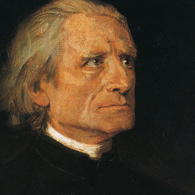
Franz Liszt
The most famous piano virtuoso of the nineteenth century is regarded as the most influential artist and composer (with Berlioz, Wagner) of the so-called New German School. His immense musical oeuvre comprises, above all else, works for solo piano, including numerous transcriptions; he also devised the symphonic poem. Important, too, are his sacred and secular choral works and songs.
About the Authors
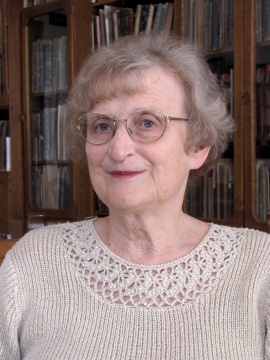
Mária Eckhardt (Editor)
Mária Eckhardt, born in 1943 in Budapest, studied at the Budapest Academy of Music (Liszt Ferenc Academy of Music, today University of Music), and in 1966 she graduated with a diploma in choral conducting and teaching music. After holding different posts at the Hungarian National Library Széchényi and at the Institute for Musicology at the Hungarian Academy of Sciences she worked at the Liszt Ferenc Memorial Museum and Research Centre of the Liszt Academy of Music, of which she was Head between 1986 and 2009.
Eckhardt has been awarded numerous prizes for her Liszt research, in Hungary, and also in Europe and the US. Alongside Franz Liszt, her main research interests include the musical life of the 19th century and Hungary’s musical history.
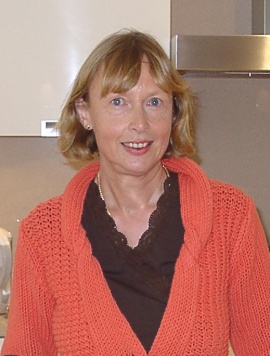
Wiltrud Haug-Freienstein (Editor)
Dr. Wiltrud Haug-Freienstein, born in 1955 in Riedlingen, read musicology at the Ludwig-Maximilians-Universität in Munich and was awarded her doctorate in 1987 for her thesis entitled “Motiv, Thema und Kompositionsaufbau bei Franz Liszt”.
She started out as a freelance editor for G. Henle Publishers, where she became a permanent editor in 1987, following a three-year period at the Richard Wagner Complete Edition in Munich. She remained at G. Henle Publishers until 2008. She edited and supervised the publication of numerous Urtext editions.
Product Safety Informations (GPSR)

G. Henle Verlag
Here you can find the information about the manufacturer of the product.G. Henle Verlag e.K.
Forstenrieder Allee 122
81476 München
Germany
info@henle.de
www.henle.com
recommendations
autogenerated_cross_selling
Further editions of this title
Further editions of this title


